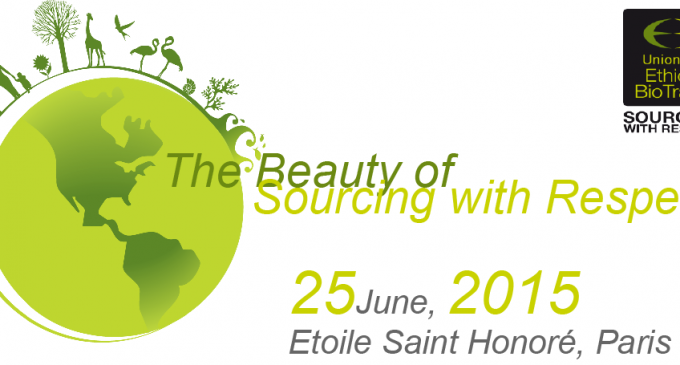Health and Food Companies to Review Practices as New Regulations For Biodiversity-based R&D Enter into Force

With new regulations on biodiversity-based R&D being adopted in Europe and other countries around the world, companies innovating with natural ingredients need to review their practices to ensure compliance.
Nature is a valuable source of innovation for beauty, health and food companies. It provides unique and distinguishable products, which consumers continue to demand. The ability to develop new ideas is critical for companies working with natural ingredients, given strong competition and rapidly evolving consumer preferences towards naturals. Yet, innovation in natural ingredients also involves challenges at the technical, sustainability and regulatory levels.
In 2014, new rules on biodiversity-based R&D entered into force, affecting innovation in natural ingredients. The Nagoya Protocol, an international UN agreement currently binding over 55 countries, requires ABS (access and benefit sharing) permits for R&D into the genetic or biochemical components of biodiversity. Such research would include, for example, exploring plant parts, extracts or oils for new cosmetics ingredients or for inspiration for synthetic material to include in fragrances. It would also cover activities in the food sector such as developing new natural colorants or scientifically proving properties in traditional medicinal plant for use in health beverages.
Following the adoption of the UN Nagoya Protocol, the European Union has adopted regulation 511/2014, requiring companies to prove that biodiversity research permits have been secured as part of the market approval process for natural ingredients. Countries such as France, Brazil, India, Mexico, Morocco or South Africa also have (new) rules on how biodiversity is accessed for research and development and how resulting benefits must be shared.
“Many questions remain unanswered,” notes María Julia Oliva, an international expert from the Union for Ethical BioTrade (UEBT), “as to the practical implications of evolving rules on access and benefit sharing for innovation in natural ingredients.” For example, companies are still working to identify the critical control points for compliance with access and benefit sharing and develop procedures for securing necessary authorizations.
The 2015 “Beauty of Sourcing with Respect” conference of UEBT, which will be held on the 25th of June in Paris, will feature several sessions looking at how ABS rules may affect practices on biodiversity-based R&D. Attention will be paid to approaches to addressing ABS due diligence requirements under the EU regulation. Regulatory updates in countries like India and Brazil will also be featured, as well as practical experiences with negotiating ABS agreements.
The conference is supported by L’Oréal, Natura Brazil, Symrise and Weleda and provides essential updates for R&D, sourcing, and regulatory affairs professionals.
More information and registration for the “Beauty of Sourcing with Respect” conference:
http://ethicalbiotrade.org/
More information can be found at the UEBT website:
www.ethicalbiotrade.org


































